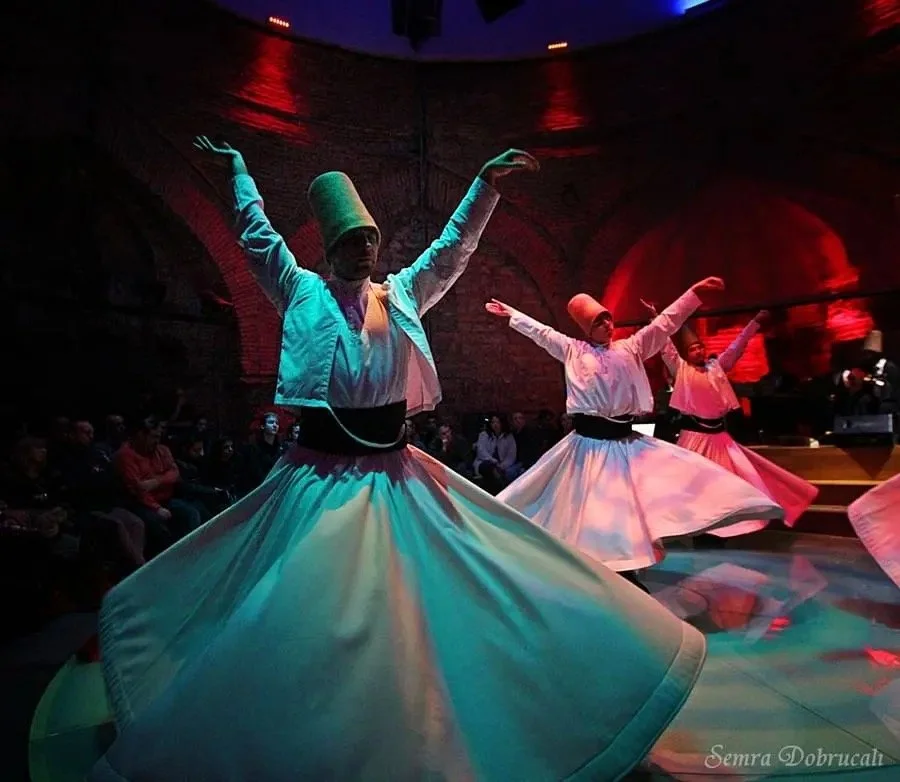When Music Becomes Prayer: The Sufi Journey to the Divine
by: Manan Brahmbhatt
Music has a way of reaching parts of the human experience that few other things can. Sufism, a mystical Islamic practice, harnesses that power for a chance at a direct personal experience of God.
Tasawwuf, or more commonly referred to as Sufism, is an aspect of Islamic belief that seeks intimacy and a personal experience of God through techniques of self-transformation. The ultimate goal of Tasawwuf is fanaa, or annihilation of the soul. At such a stage, the ego becomes annihilated in the face of God, who is the Ultimate Reality. The self ceases to exist, as God is the only reality. Reaching this stage requires rigorous practice of self-discipline and can often only be done by accepting the authority of a Khwaja, or a Master of Wisdom.
One of the practices that many believe can allow for a direct experience of the Divine is sama, or “audition.” It is a practice of spiritual listening – listening to music with the intention of meditating and nourishing the soul. It is widely believed, by many Khwajas of the Sufi order, that music has the ability to give a soul a state of ecstasy (wajd). There have been instances documented in history of people experiencing moments of ecstatic behavior through music.
“Someone asked Ruwaym [b. Ahmad] about the ecstasy the Sufis experience (wajd) during listening to music. He answered: ‘They witness realities that are hidden from others. They point to them, exclaiming:
““[Come] to me!” “[Come] to me!” Then a veil falls and their joy turns into grief; some of them tear their clothes, others scream, still others weep – each in accord with what was allotted to him.’ ” – Al-Qushayri’s Epistle on Sufism”
Over time, the method of presenting this music evolved based on local cultures and influential people of that area’s Sufi order. Turkey’s Mevlevi Order of Islam introduced the image of the whirling dervishes around the 13th century, influenced by the teachings of Jalāl al-DīnMuḥammad Rūmī. Pakistan and India popularized Qawwali as a musical form, influenced by the efforts of Amir Khusro of the Chisti School. Qawwali’s spread to the west was further accelerated by the popularity of people like Nusrat Fateh Ali Khan. Bollywood songs like Kun Faya Kun, Piya Haji Ali, and Arziyan all take inspiration and are influenced by the sound of Sufi music.

